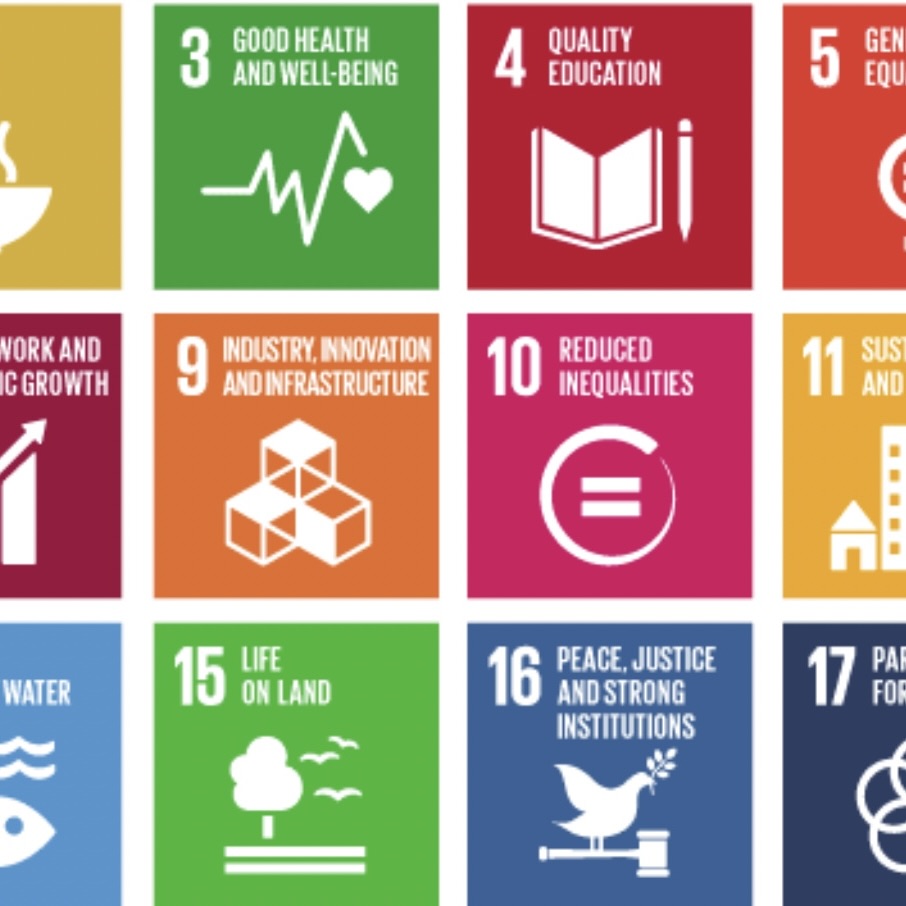The goal was to enable students, through a self-directed process that includes an (online) dialogue, research and analysis and presentation phase, to select, freely explore and research topics in the context of the 17 Sustainable Development Goals of the UN Agenda 2030 and finally present their findings to the public and stakeholders. The CEPNET project developed a model for elementary schools that connects the levels of on-site and digital education in an innovative way.
In the evaluation of the project, CEPNET was shown to offer the opportunity to rethink school – to put students first in their diversity and to focus on their interests. Students were empowered, increased their cognitive and emotional skills, and broadened their attitudes. The children worked on a wide variety of UN SDGs, but it could have been any other topic, such as a focus on children’s rights, entrepreneurship, citizen science, or digitization. The topics are not in the foreground – the focus is on the structural anchoring of the model to empower children in school. For the educators, this model means that they take a back seat and change their classic function of imparting knowledge in favor of a role as coach for the children.
This requires trust in the children and has proven successful in CEPNET: The students have enjoyed conducting their research and the high number of educators who will integrate the model into their regular teaching practice demonstrates its didactic benefits. In this way, CEPNET is spreading its circles into families, as evidenced by one parent’s high regard for the students’ research findings: “An amaing day where you could clearly see the hard work and efforts of both the adults and the children.z” Moreover, CEPNET did not stop at the school or family level, but extends to communities and also to the government level.
